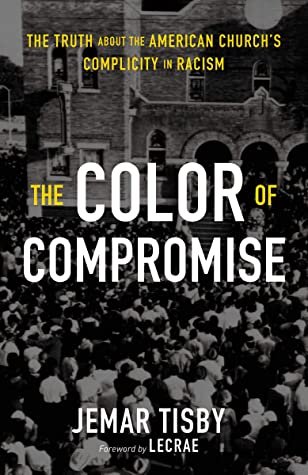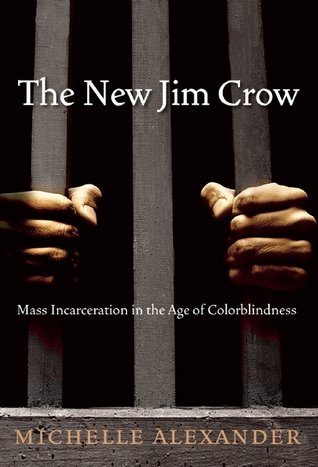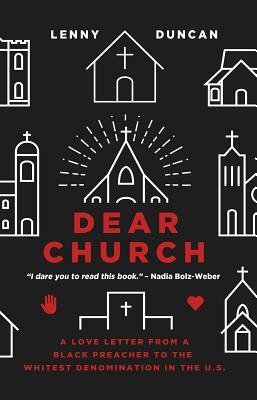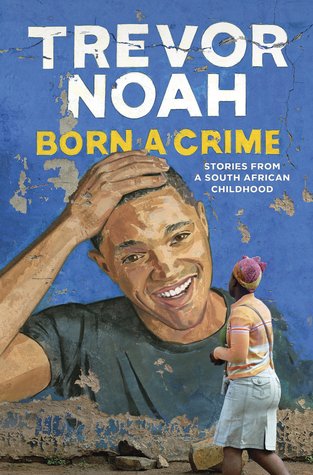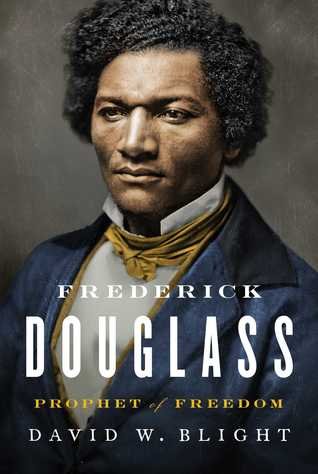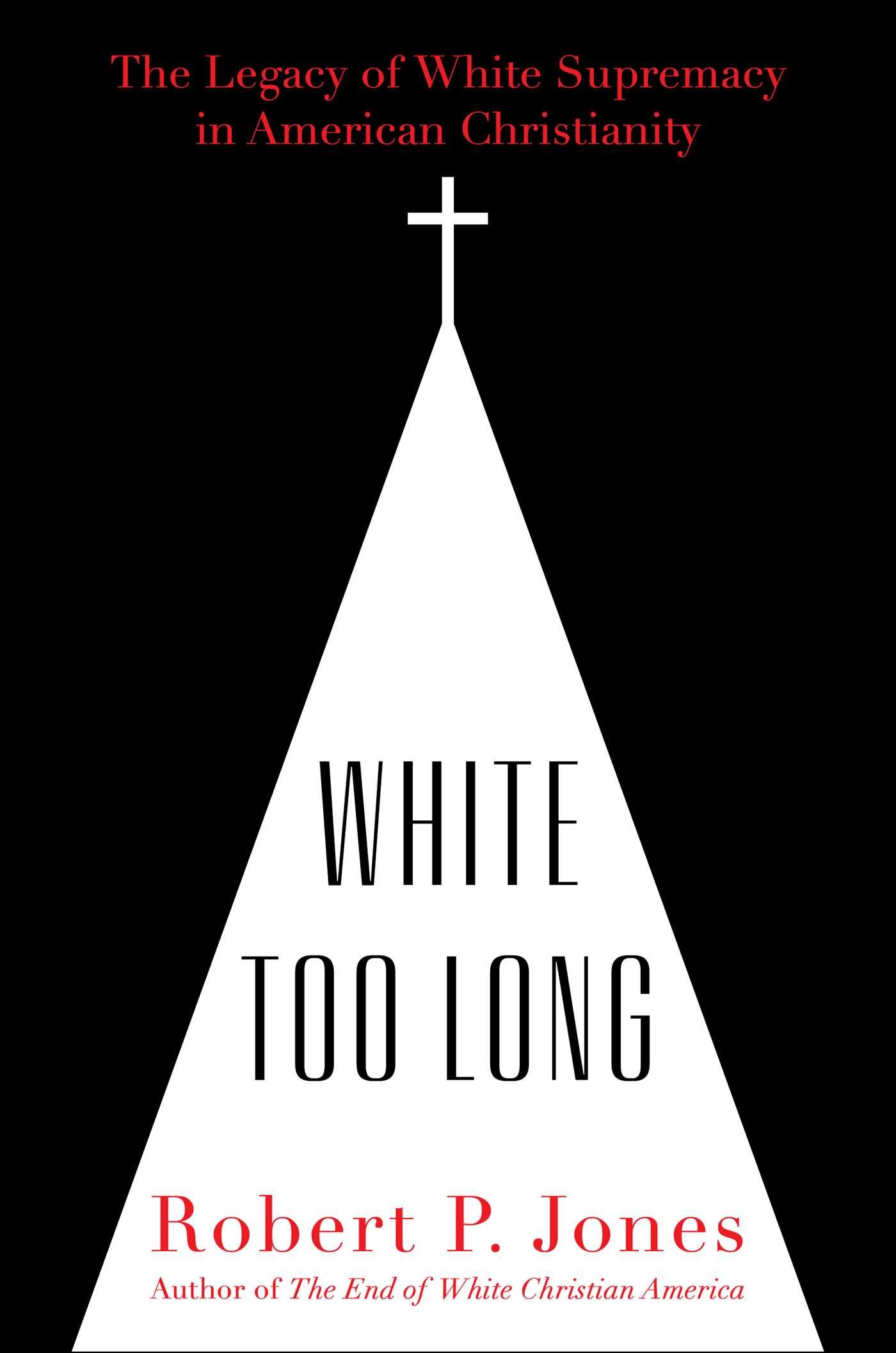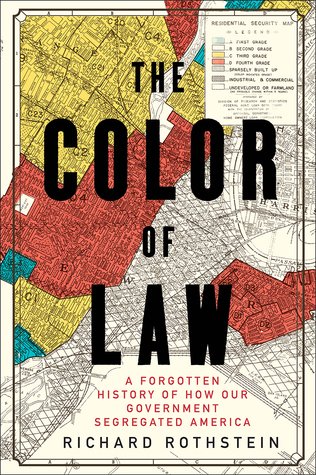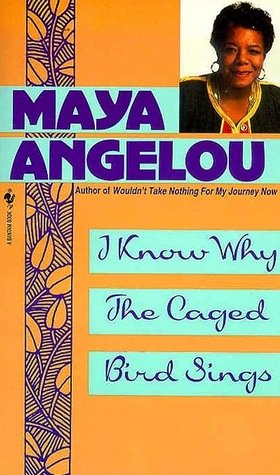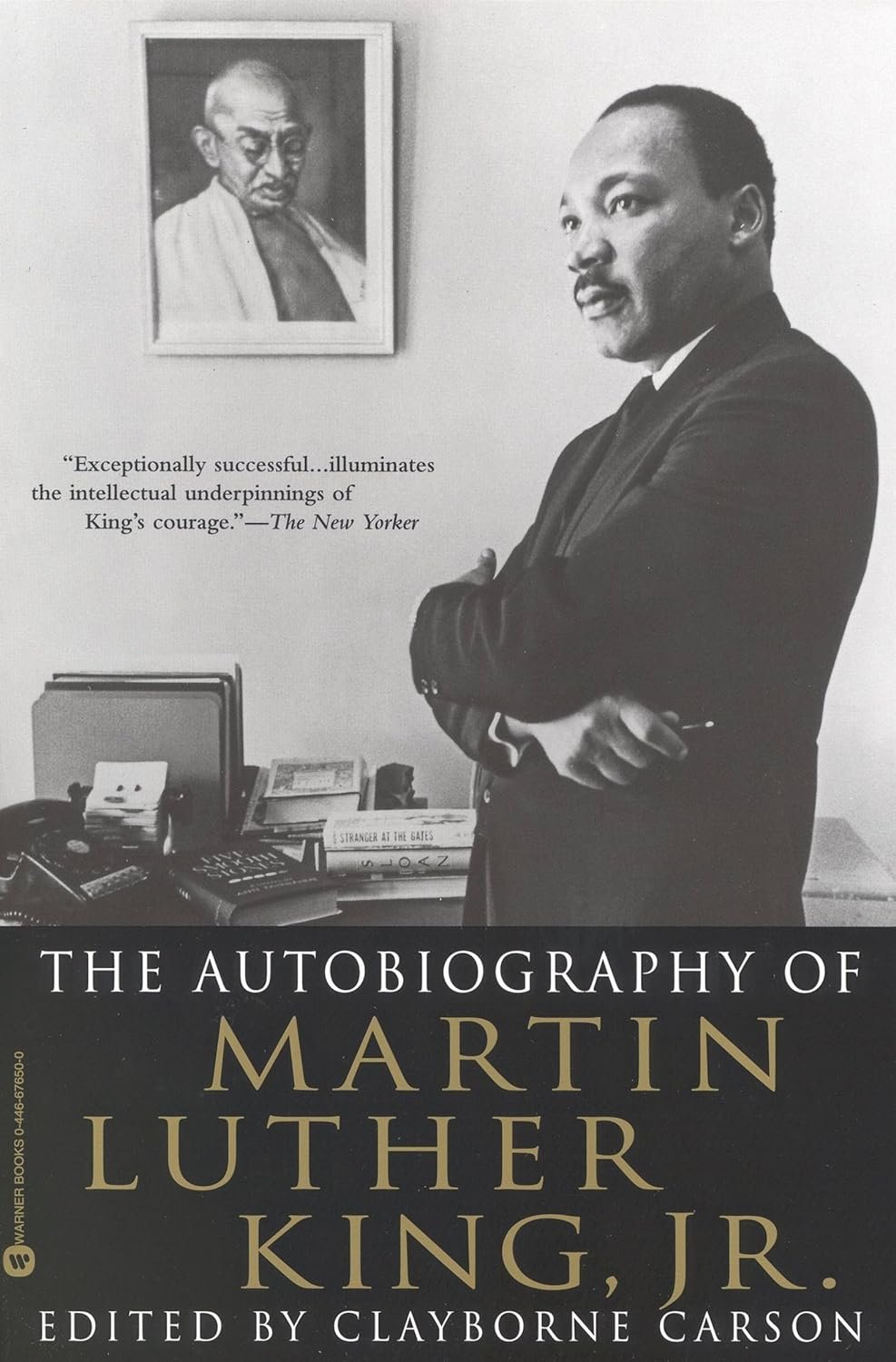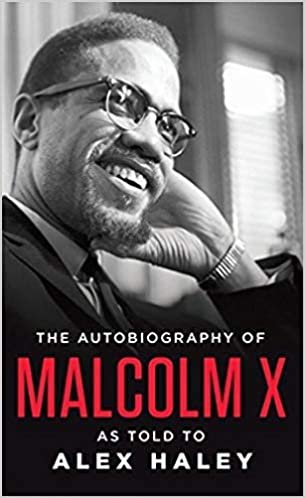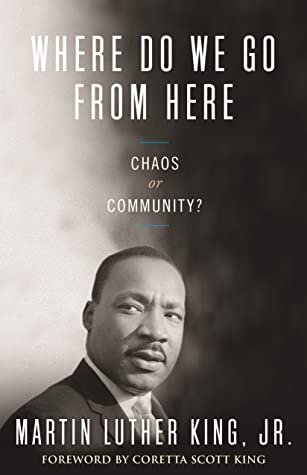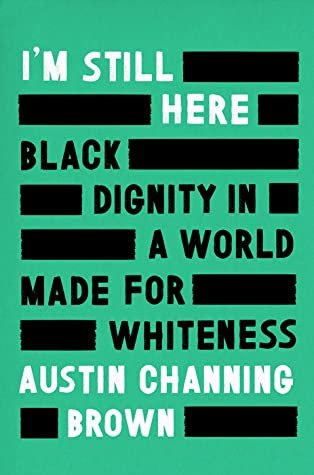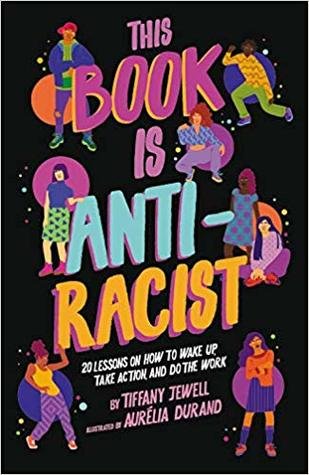Listing last updated Feb. 28, 2024
Whether you know someone who may need education in this field or if you want to embark on your own personal educational journey to become anti-racist, explore the recommendations below.
If you have any book recommendations you believe may be a good fit for this page, please message me on any of the social media platforms found on my links page here. I will update this post along with the date the books were added as I complete them.
The following section is a condensed list of links. For a deeper explanation of my recommendations, please continue further down the page.
Brief Book Listing
- The New Jim Crow: Mass Incarceration in the Age of Color Blindness by Michelle Alexander
- The Color of Law: A Forgotten History of How Our Government Segregated America by Richard Rothstein
- Born a Crime: Stories from a South African Childhood by Trevor Noah (rec. audiobook version here)
- Frederick Douglass: The Prophet of Freedom by David W. Blight
- I Know Why the Caged Bird Sings by Maya Angelou
- The Color of Compromise: The Truth About the American Church's Complicity in Racism by Jemar Tisby
- Dear Church: A Love Letter from a Black Preacher to the Whitest Denomination in the US by Lenny Duncan
- White Too Long: The Legacy of White Supremacy and American Christianity by Robert P. Jones
- The Autobiography of Martin Luther King Jr. by Martin Luther King Jr. and Clayborne Carson
- The Autobiography of Malcom X by Attallah Shabazz Malcom X and Alex Haley
- Where do We Go From Here: Chaos or Community? by Martin Luther King Jr.; read also: Letter from a Birmingham Jail
- I'm Still Here: Black Dignity in a World Made for Whiteness by Austin Channing Brown
- This Book Is Anti-Racist: 20 Lessons on How to Wake Up, Take Action, and Do the Work by Tiffany Jewell
Detailed Recommendations
The New Jim Crow: Mass Incarceration in the Age of Color Blindness by Michelle Alexander - as far as I am concerned, this book is required reading. The New Jim Crow is a crash course in the history of systemic racism in the United States and how our legal/justice system has evolved to disenfranchise and targe people of color - specifically black men - through racial profiling and punitive laws such as the "three strikes" rule.
The Color of Law: A Forgotten History of How Our Government Segregated America by Richard Rothstein - more required reading to aide in the education of how racist systems were built in the United States. This time from a financial and wealth-building perspective, The Color of Law recounts the history of racial segregation in the United States specifically through laws of land ownership. Rothstein details how people of color were continuously denied opportunities to build generational wealth through tactics such as redlining, the GI Bill, and racist property covenants among realtors.
Memiors, Biographies, and more
Born a Crime: Stories from a South African Childhood by Trevor Noah - A powerful memior from Daily Show host Trevor Noah as he recounts his coming-of-age story set shortly after apartheid in South Africa. I highly recommend the audiobook version of this title for a few reasons. First, Trevor Noah narrates the book himself and being a professional comedian and entertainer he knows how to deliver lines he wrote himself. Second, there are number of different African languages and dialects in this book that help progress the narrative of Trevor Noah's journey from South Africa to the United States. The immersion of his story may be affected in written form unless you fluently speak them all, and since Trevor Noah actually is fluent in every language and dialect written in this book he brings the proper inflections and naunce needed to convey the context in the conversations that occur in the book.
Frederick Douglass: The Prophet of Freedom by David W. Blight - The cinematic history of Frederick Douglass is protrayed in the life of this legendary orator. Insights on his writings from his self-published newspaper, among letters and speeches show Douglass's neverending fight against slavery pre- and post-Civil War.
I Know Why the Caged Bird Sings by Maya Angelou - The first in her series of memiors, Maya Anelou recalls her childhood and the troubling history she endured.
The Color of Compromise: The Truth About the American Church's Complicity in Racism by Jemar Tisby - This book provides a perspective on the history of the United States specifically to the Church’s complicit role in perpetuating systemic racism. A powerful indictment on the current state of Christianity in America and a must read for Christians.
Dear Church: A Love Letter from a Black Preacher to the Whitest Denomination in the US by Lenny Duncan reflects on his experiences as a Black queer preacher in the Evangelical Lutheran Church of America (ELCA). He critiques the systemic racism and homophobia present in many Christian institutions, and argues that the church must confront and dismantle these oppressive structures in order to truly embody the message of Jesus. Duncan advocates for a more inclusive and justice-oriented church, and challenges Christians to actively work towards creating a world where everyone is valued and respected.
White Too Long: The Legacy of White Supremacy and American Christianity by Robert P. Jones - An urgent call and challenge to all white Christians to recognize the church's role in the advancement of white supremacy in the United States. The author elagantly pulls from history, case studies, and community reports to encourage white Christians to confront these uncomfortable truths that have taken root with the help of the church.
The Autobiagraphy of Martin Luther King Jr. by Martin Luther King Jr. and edited by Clayborne Carson chronicles Dr. King's life and strife for social justice. Notable for me was how Dr. King's theology developed to be a social gospel as he deconstructed what he learned in seminary and how the messages he read in the Bible and the depiction of Jesus clashed against his lived experience of segregation and racism. His continued commitment to nonviolent protest and his bravery to speak frank, harsh truths regarding race relations make this book a must read for anyone willing to listen about why we continue to have societal tensions across racial lines in the United States today.
In addition to a hard copy of this book to read and keep on your shelf to study or share with others, I highly recommend the audiobook version. Not only is it read by Levar Burton, but it also includes several rare recordings of Dr. King's powerful speeches and eloquent sermons spaced throughout the book, one of which includes Dr. King reading his own open Letter from a Birmingham Jail to white religious leaders in Alabama and the South.
The Autobiography of Malcom X by Alex Haley and Attallah Shabazz Malcom X tells the story of Malcolm X's life, from his childhood in poverty and his involvement with criminal activity, to his conversion to the Nation of Islam and his activism as a civil rights leader. Malcolm X's journey is marked by his personal transformation and evolution of political beliefs, as he moves away from the separatist teachings of the Nation of Islam and embraces a more inclusive vision of Black liberation. The book also examines the systemic racism and violence faced by Black Americans during the 20th century, and critiques the failures of the American political and legal systems to address these issues.
Where do We Go From Here: Chaos or Community? by Martin Luther King Jr. - Dr. King provides his assessment of the race relations in the United States during struggles of the Civil Rights movement of the previous 10 years of the book’s publication in 1967. This book and also his Letter from a Birmingham Jail speak volumes to the work that we still need to do to this day in order to start reconciling race relations.
I'm Still Here: Black Dignity in a World Made for Whiteness by Austin Channing Brown - writeup blurb coming soon
This Book Is Anti-Racist: 20 Lessons on How to Wake Up, Take Action, and Do the Work by Tiffany Jewell - writeup blurb coming soon

